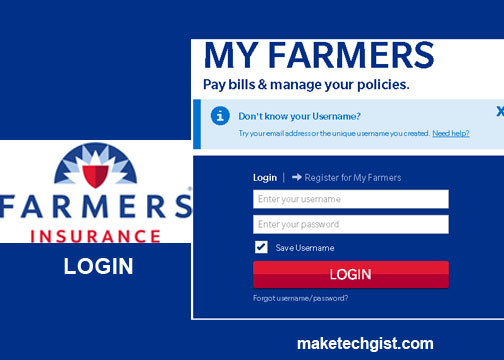When the COVID-19 pandemic shut down businesses across the globe, countless owners turned to their insurance policies for relief. For many, the disappointing discovery was that business interruption insurance didn’t cover pandemic-related losses. This left businesses scrambling and sparked global debates, lawsuits, and even legislative reforms.
So the big question remains: does business interruption insurance cover pandemics now? The short answer is usually no, but there are important nuances you need to know. In this guide, we’ll explore how this type of insurance works, why pandemics are often excluded, and what options businesses have for future protection.
What Business Interruption Insurance Covers
Business interruption insurance is designed to replace lost income when your company can’t operate due to a covered peril. Typically, this means:
- Fire or smoke damage
- Storms, floods, or earthquakes (depending on your region and add-ons)
- Theft, vandalism, or physical destruction
- Government-mandated closures due to covered physical damage
Coverage usually includes:
- Lost revenue
- Fixed expenses like rent, payroll, and utilities
- Temporary relocation costs
- Loan repayments that continue during closure
The key is that coverage is triggered by physical property damage. And that’s why pandemics are tricky.
Why Most Policies Exclude Pandemics
Pandemics are considered systemic risks—they affect everyone, everywhere, at the same time. Unlike a fire in one building or a flood in one region, a global health crisis can cause trillions in losses simultaneously.
For insurers, this risk is almost impossible to absorb under standard policies. As a result, most policies explicitly exclude pandemics and communicable diseases. Unless you had a specialized rider or endorsement, you likely weren’t covered during COVID-19.
Key Legal Battles & Precedents Since 2020
After the COVID-19 shutdowns, businesses across industries filed lawsuits against insurers. Courts in the U.S., UK, Canada, and beyond generally sided with insurers, ruling that:
- Pandemic losses did not involve direct physical property damage.
- Exclusion clauses were valid and enforceable.
A few exceptions occurred in specific regions or for very tailored policies, but the majority of cases reinforced that pandemics were excluded unless explicitly covered.
Specialized Pandemic Insurance Options
In response to COVID-19, some insurers and governments began developing pandemic-specific insurance products. Examples include:
- Pandemic Risk Insurance Programs (PRIP): Public-private partnerships proposed in the U.S. and Europe.
- Industry-specific coverage: For hospitality, travel, and events, where pandemic risk is especially high.
- Customized riders: Some insurers now offer limited communicable disease riders, though they can be expensive.
These options are not yet mainstream, but they represent a growing recognition of the need for pandemic protection.
Alternative Risk Management Strategies
Even if your policy excludes pandemics, businesses can take steps to strengthen resilience:
- Diversify revenue streams: Online sales and remote services helped many survive COVID-19.
- Emergency savings funds: Build liquidity for future crises.
- Contingency planning: Develop protocols for remote work, supply chain disruptions, and health compliance.
- Government relief programs: Many countries now have pandemic-related aid policies.
How to Review & Strengthen Your Policy
- Read your exclusions carefully. Look for communicable disease clauses.
- Consult a broker or insurance attorney. They can help interpret the fine print.
- Consider endorsements or riders. If available, these can extend coverage.
- Monitor legislation. Some governments may mandate pandemic coverage in the future.
So, does business interruption insurance cover pandemics? In most cases, no. Standard policies exclude pandemics because of the massive financial risk they pose. However, businesses can explore specialized pandemic insurance, endorsements, or government-backed programs for future protection.
The COVID-19 crisis was a wake-up call: companies can no longer ignore systemic risks. By reviewing policies, diversifying revenue streams, and planning ahead, businesses can better protect themselves against the next global disruption.






